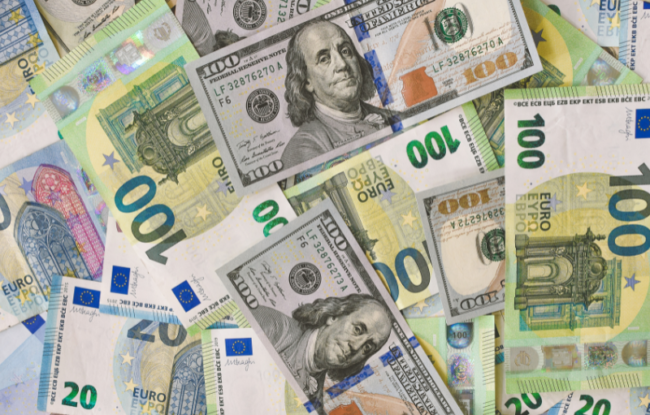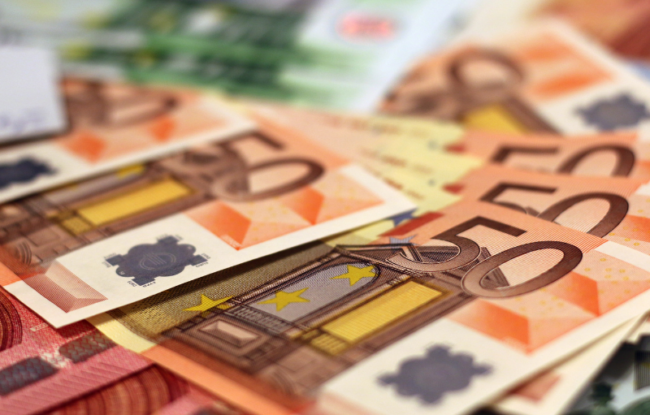Fifty-four (54) digital health products received FDA/CE approvals in the first nine months (9M) of 2020, compared to forty-six in 9M 2019, according to Mercom’s Digital Health Q3 and 9M 2020 Report.
Of the 54 products received FDA/CE approvals during 9M 2020, 19 were powered by artificial intelligence and machine learning.
Clinical Decision Support companies received the most FDA approvals in 9M 2020 with 14, followed by Mobile Wireless and Medical Imaging with 11 each, Wearable Sensors with 10, and mHealth Apps with six.
 Notable FDA Approvals In 9M 2020
Notable FDA Approvals In 9M 2020
Alphabet’s research organization Verily Life Sciences received FDA 510(k) clearance for its Verily Study Watch, which is designed to record, store, transfer and display single-channel ECG rhythms. Alphabet, through its VC investment arm, GV (formerly Google Ventures), has invested almost $2 billion in more than 40 digital health companies since 2010.
Abbott, a medical device and healthcare research company, received FDA clearance for its wearable (on the back of the upper arm) FreeStyle Libre 3 patch, a real-time glucose monitoring system for people with diabetes. Abbott has secured the FDA approvals for its seven digital health products (including the FreeStyle Libre 2 and Abbott Patient Controller App) in the past four years. Abbott has recently invested over $50 million in Bigfoot Biomedical, a developer cloud-based type 1 diabetes management system.
Philips, a consumer electronics company, received 510(k) clearance from FDA to market a wide range of its ultrasound solutions (including the Affiniti series, Lumify, CX50, EPIQ series, and Sparq diagnostic ultrasound systems, and off-cart solutions like QLAB Advanced Quantification Software). These solutions will help manage COVID-19-related lung and cardiac complications, according to the company. Philips has acquired 13 digital health companies since 2010 and has invested over $100 million in 13 digital health startups since 2016, according to the Mercom database.
Fitbit, a consumer electronics and digital fitness tracker maker, has received 510(k) clearance from the FDA and CE marking from the European Union for its electrocardiogram (ECG) app to assess heart rhythm for atrial fibrillation (AFib). Fitbit was backed by Qualcomm Ventures, SAP Ventures, SoftBank Capital, Foundry Group, and True Ventures, with more than $70 million funding. In 2015, Fitbit went public through IPO, raising $841 million. Last year, Google acquired Fitbit for $2.1 billion.
Samsung announced that it had received clearance from the FDA for its Samsung Galaxy Watch 3, including a heart-monitoring electrocardiogram (EKG or ECG) app. To date, Samsung has invested over $600 million in more than 20 digital health companies, including Preventice Solutions, Genome Medical, Healthy.io, Pillo Health Noom, HealthifyMe, Glooko, Cohero Health, and WellDoc.
Since Q1 2017, 250 Digital Health products have received FDA/CE approvals. Learn More.




